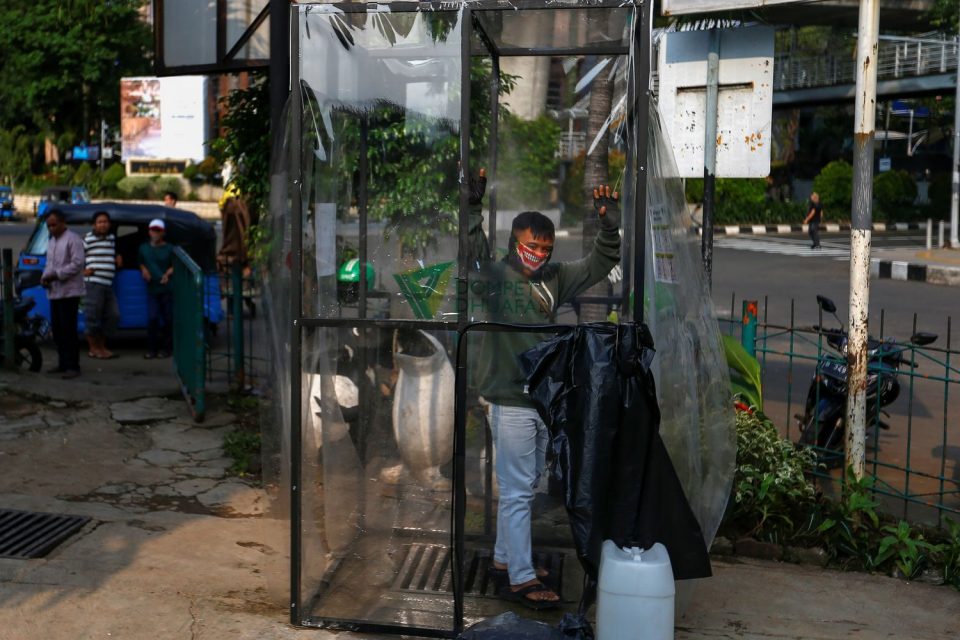Indonesia’s capital is introducing hand-washing stations and disinfectant-spraying areas across the city, population 10 million, in efforts to being the spread of coronavirus into check.
Indonesia is the world’s fourth-most densely populated nation and has confirmed 893 cases of COVID-19 with 78 deaths, most of which have been reported in the capital.
The governor of Jakarta has proclaimed a fourteen-day crisis that has meant the closing of cinemas and requesting that as many staff as possible telecommute. However, President Joko Widodo has so far opposed calls for harder lockdowns in the midst of worries about the financial effects.
The regional government has introduced hand-washing stations in some open areas, aiming to fortify the message of the requirements for good cleanliness.
“We must be increasingly cautious and, in particular, keep ourselves clean,” said Jakarta-occupant Desianta, who was at a hand-washing station set up in the city.
“Everything starts from home and afterward around the area, we help to ensure each other is safe,” she said.
The city has likewise been setting up areas secured by plastic sheets that splash disinfectant on to individuals’ garments with the aim of eliminating germs. In the midst of being doused, security guard Suwarno said he felt somewhat happier, however not absolutely safe: “on the grounds that there are numerous methods for transmission,” he explains
Another inhabitant, Marina Nur Solihin, applauded endeavours by specialists to clean car parks and office areas. Regardless, a few specialists are suspicious about the adequacy of such measures, where workers spray disinfectant aimlessly in certain zones.
“It’s simply to console individuals… be that as it may, it’s really a misuse of assets,” said Syahrizal Syarif, a disease transmission specialist at the University of Indonesia, adding it was smarter to target explicit things like tables and seats in communal places.
Image source: BangkokPost




